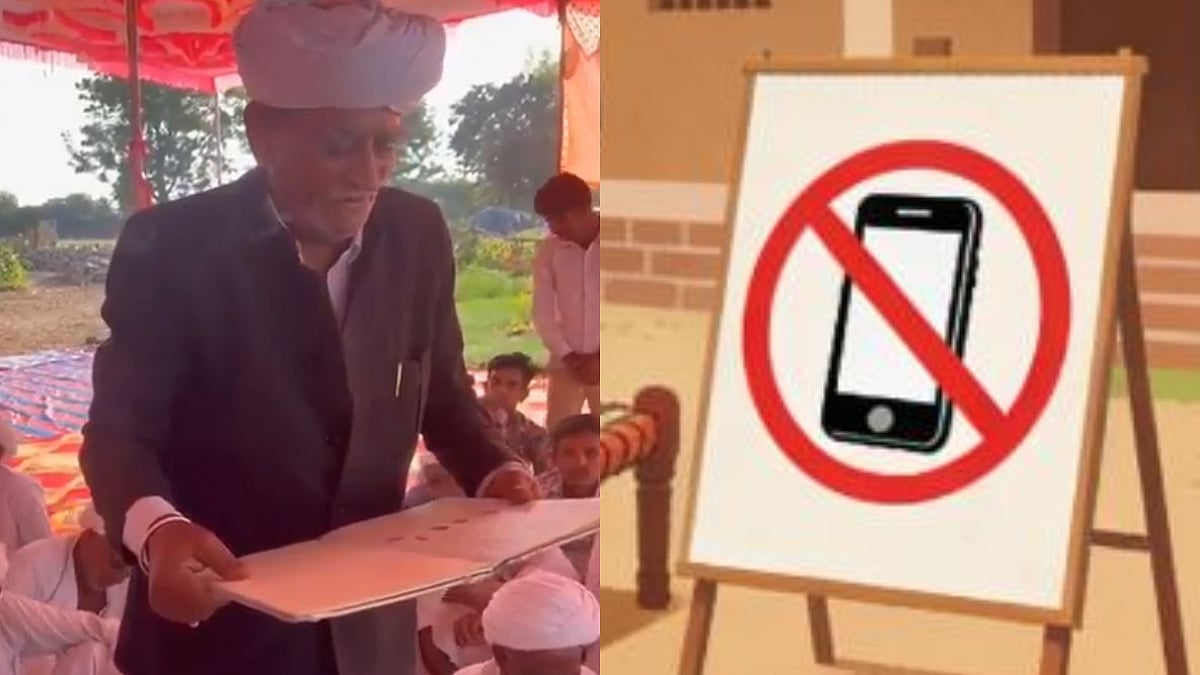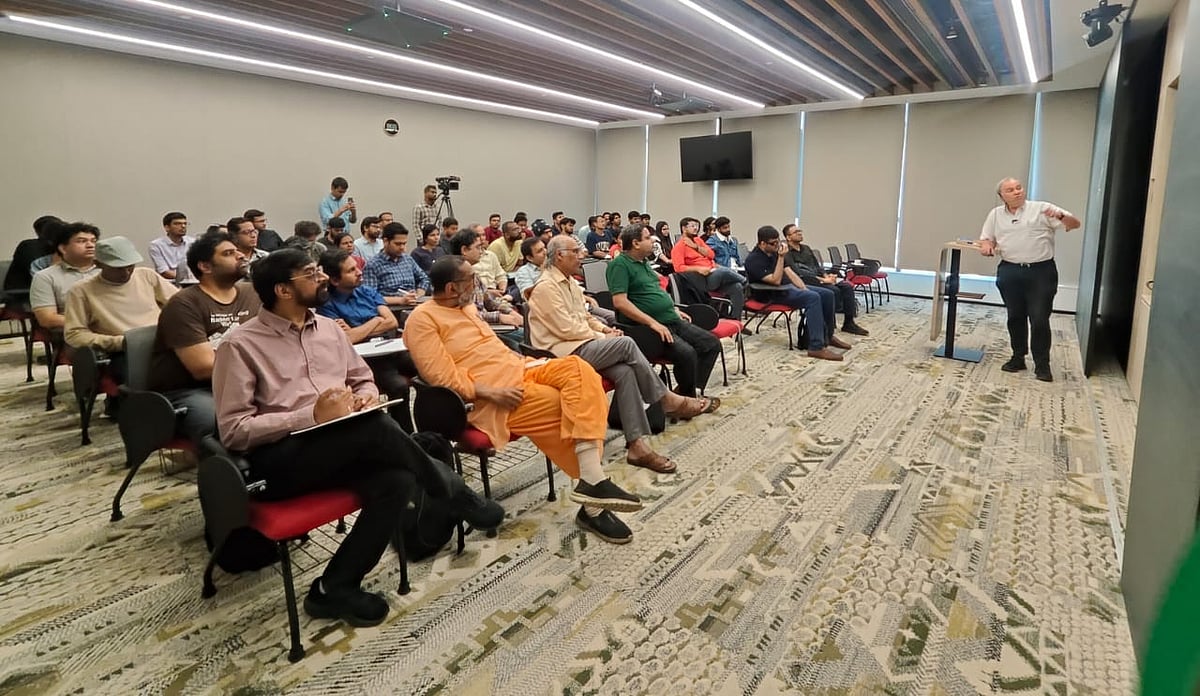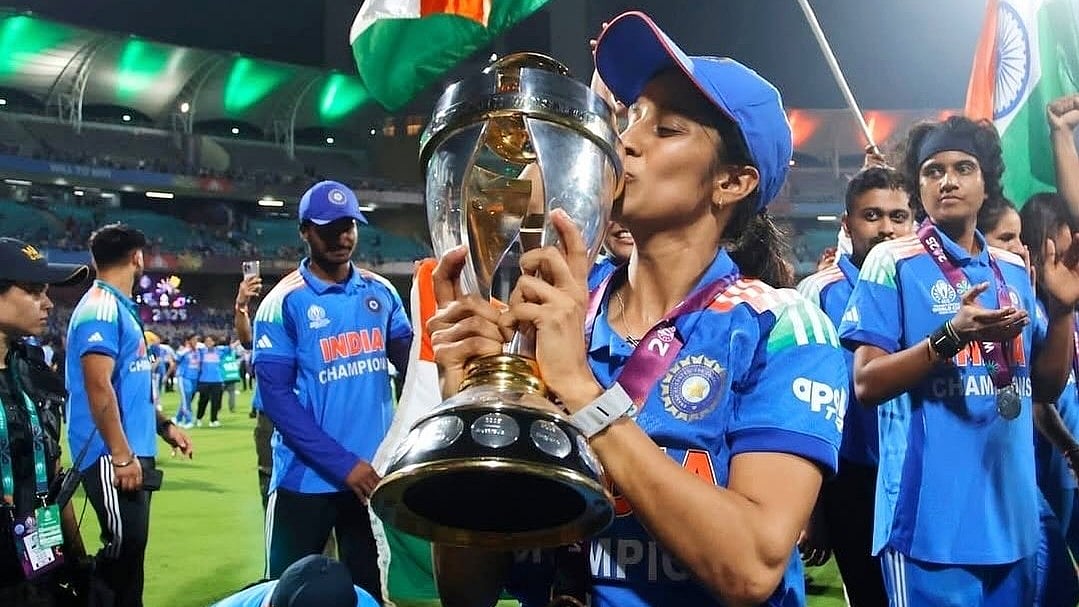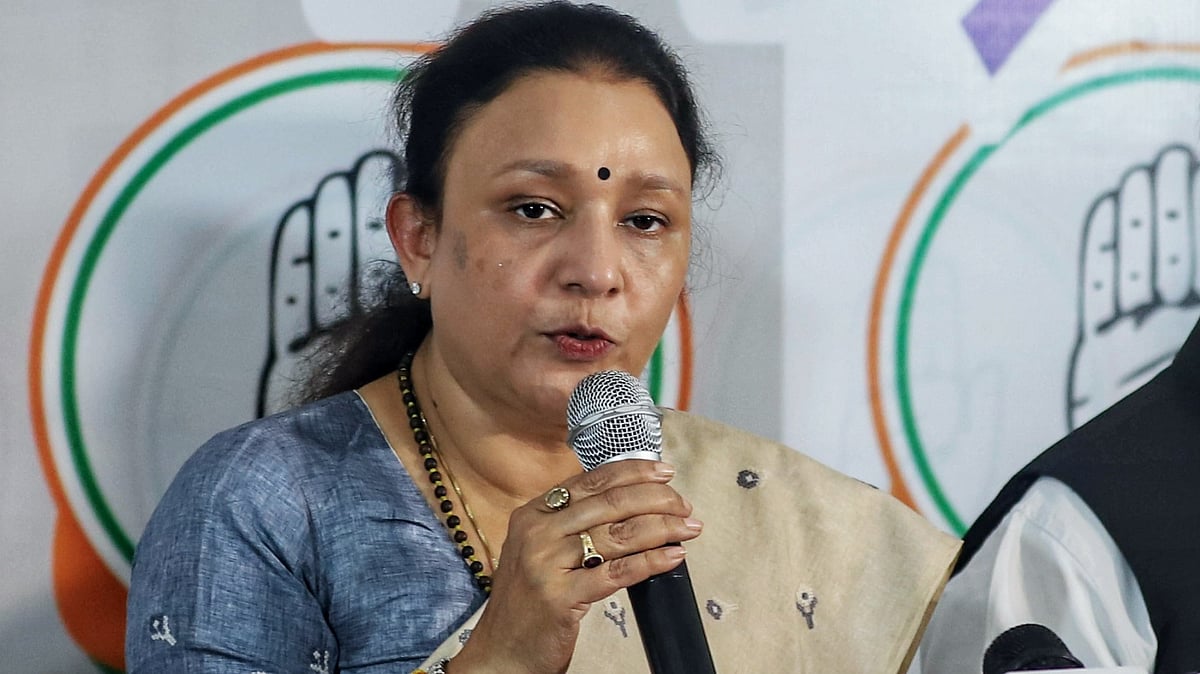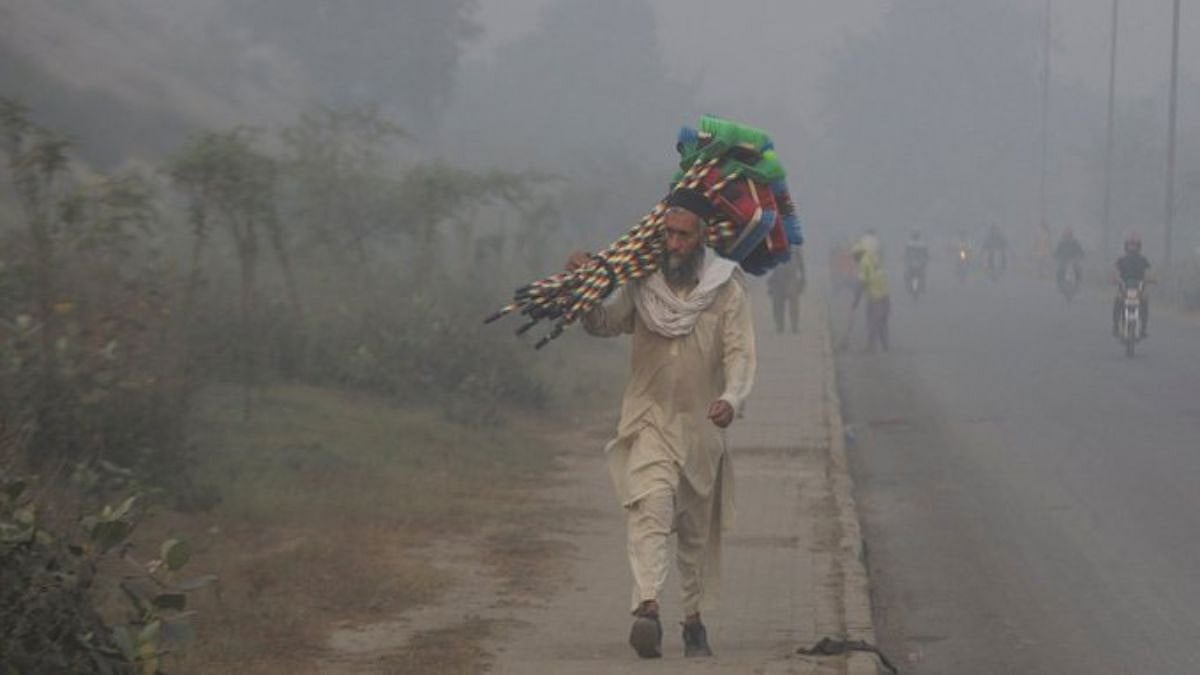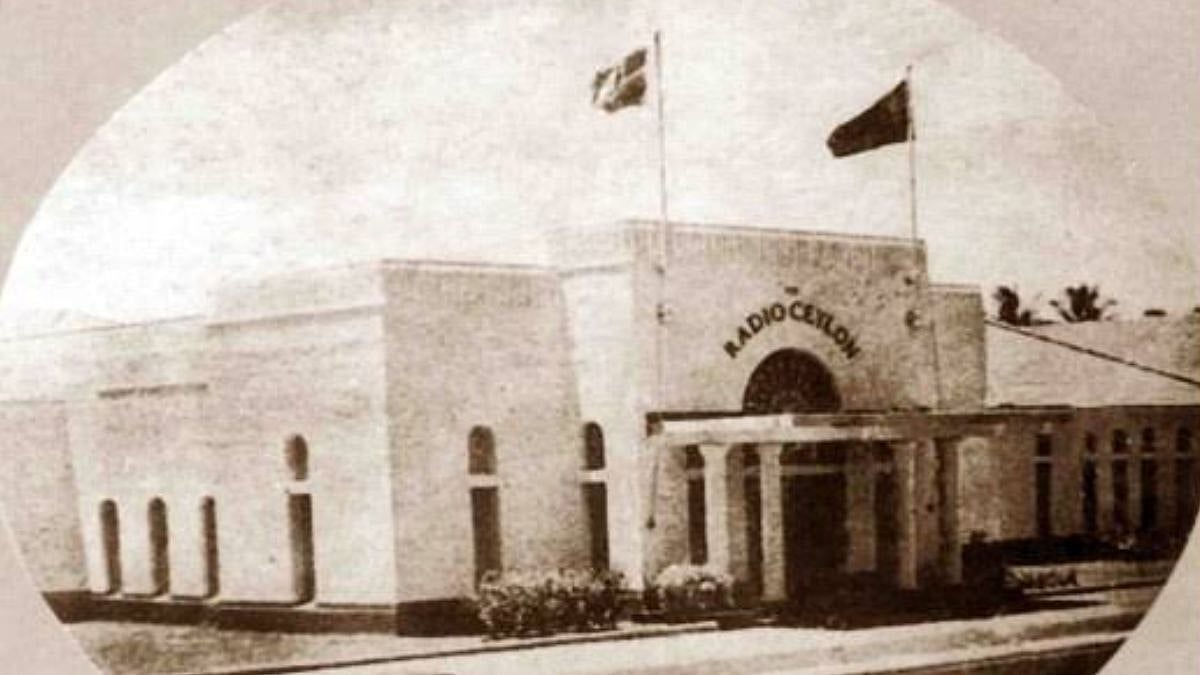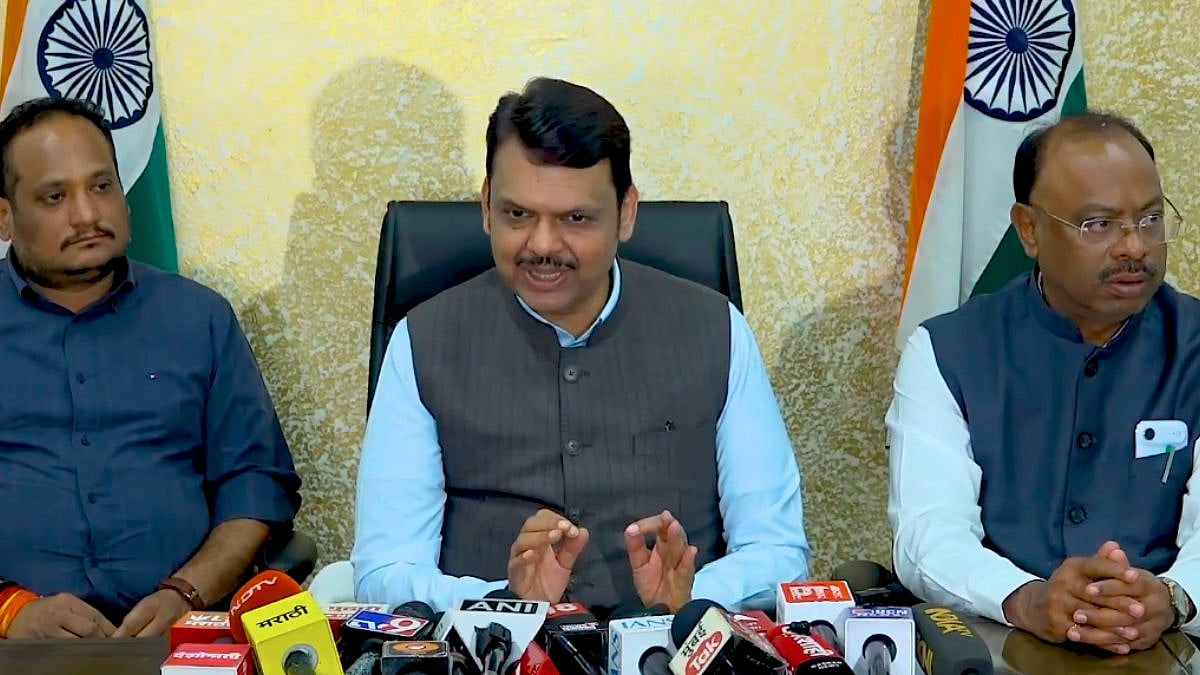Today is World Fisheries Day, celebrated to underscore the critical importance of protecting healthy ocean ecosystems and safeguarding the interests and development of the fisherfolk community all across the world.
In India, the fisheries sector provides livelihood to about 16 million fishers and fish farmers at the primary level and almost twice the number along the value chain, and has enough potential to generate income, employment, growth in subsidiary industries, and earn foreign exchange for the nation. The share of the fisheries sector in the total GDP (at current prices) increased from 0.40% in 1950-51 to 1.03% in 2017-18. The sector contributed Rs 1,75,573 crore to the GDP (at current prices) during FY 2017-18 (Ministry of Statistics and Programme Implementation, 2020).
However, the fisheries sector is under multiple threats ranging from climate change, overfishing by bottom trawlers and increase in illegal, unregulated and unreported (IUU) fishing practices, and toxic and plastic pollution of our seas. To add to it, according to the National Fishworkers' Forum (NFF), the livelihoods of over 1.4 crore fisherfolk in India are in danger due to corporate moves of the Central Government, which include bringing in “anti-fisherfolk and resource grab” initiatives like Blue Economy Policy 2021, Major Ports Authority Act 2021 and Sagarmala programme, among other infrastructure-led projects.
The NFF has launched an ‘All India Machimaar Sangarsh Yatra’ to protest against the grabbing of coastal and marine resources from the people, and is opposing the construction of Vadhavan Port in Dahanu taluka of Maharashtra in a series of protests to mark World Fisheries Day.
Incidentally, a proposal for a similar mega-port at the same location by the logistics giant P&O ports in 1998 was scuttled by Justice Chandrashekhar Dharmadhikari of the Supreme Court-appointed Dahanu Taluka Environmental Protection Authority (DTEPA). The DTEPA at the time concluded that construction of a port at Vadhavan would be “wholly impermissible and... illegal” as it would be “detrimental to the environmental and the socio-economic conditions of Dahanu area”.
Much has been said and written about Dahanu taluka, the oasis between the polluted coastal belts of Maharashtra and Gujarat, the fish-fruit-flower basket of Mumbai, with 60% forest cover — and also the last home of the indigenous Warli people of the region. Famous for its Chikoos, Kesar mangoes and the Bombay Duck fish, the taluka is the largest producer of grass and vegetables. It has a rich coastline, where fisherfolk have thrived and so has the ecosystem. As recently as last August, about 25 nautical miles off the coast of Vadhavan, Chandrakant Tare netted a catch of 157 ‘Ghols’, a type of black-spotted croaker fish, which earned him Rs 1.33 crore.
Recognising this, the Supreme Court declared the region as “eco-fragile” in 1991 and put a pause on any destructive development in a bid to protect the last remaining patch of biodiversity and forests, foster a model of green and sustainable development and enhance the ecological services that Dahanu has to offer, and appointed the DTEPA to implement its order.
But the Centre has other plans which do not feature profits from the fisheries sector, fishermen or ecosystem services. It is called the Sagarmala programme and aims at enhancing the performance of the country's logistics sector by “unlocking the potential of waterways and the coastline to minimise infrastructural investments, exploiting India's 7,517 km-long coastline”. The aim is to make the ports the drivers of economic activity in coastal areas.
Sagarmala is a logistics project, and Vadhawan port with its unique 20-metre draught depth and its convenient location close to Gujarat is where the Centre wants to build India's first foreshore port, at the cost of Rs 65,000 crore. The Government is going to try every trick in the book to push the project. It has already rewritten and revoked its own laws to site the port in Dahanu. It has submitted an incomplete and technically faulty biodiversity report for the EIA. It has completely ignored the appeals of over 25,000 fish workers’ families from Dahanu.
But so far the people of Vadhavan have been united and steadfastly opposed to allowing any activity related to the project to take place at the site. They have approached the National Green Tribunal as well as the Supreme Court to cancel the port. Even those who are opposed to the restrictions imposed by the ‘eco-fragile” zone order in Dahanu are supportive of the fishermen’s demand to scrap the Vadhavan port.
On this World Fisheries Day, we have to choose whether we stand with fish workers and their families or commit ourselves to more uncertainties, pollution and mega ports.
Shailendra Yashwant is an independent environmental photojournalist and climate communications consultant

